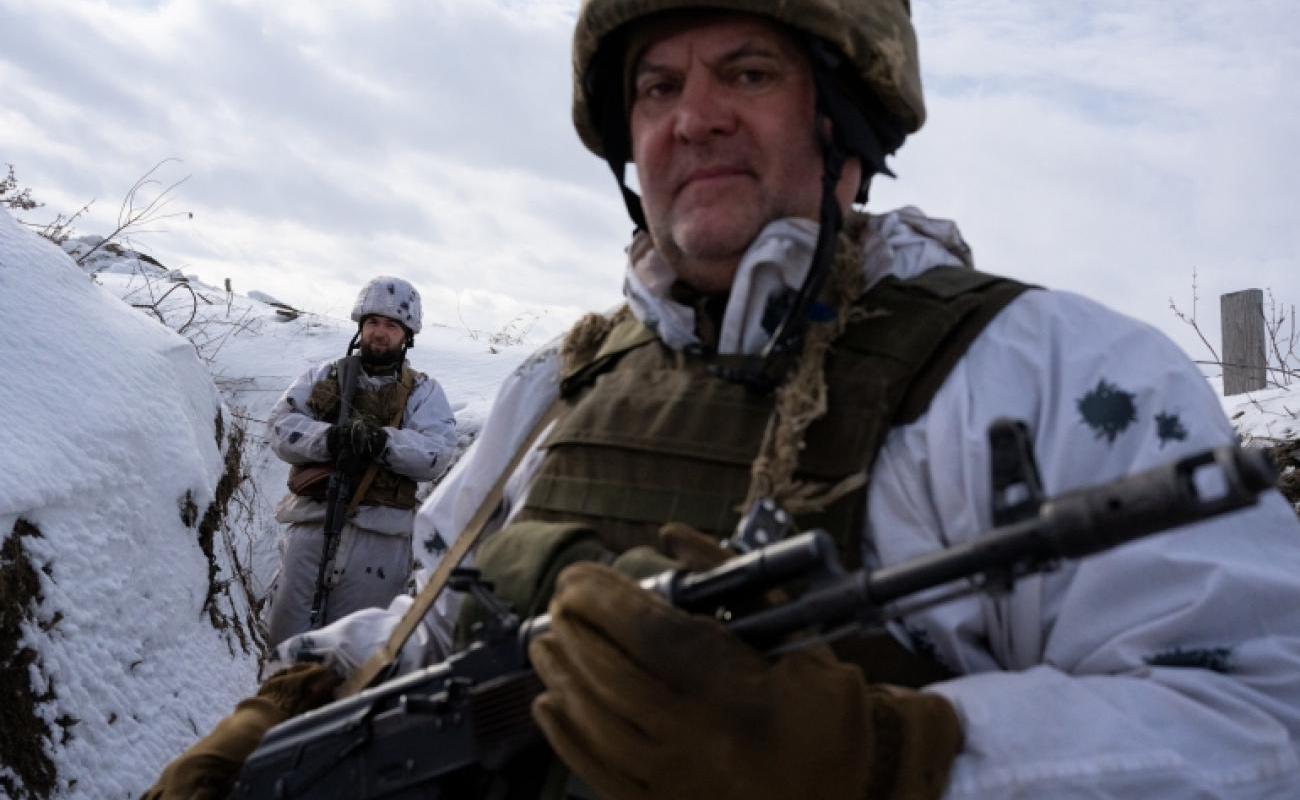Why is the fate of Ukraine connected with the fate of the Balkans?
If Putin launches aggression against Ukraine, then it will set a global precedent for other countries involved in territorial disputes, threatening the sovereignty of their neighbors.

What Russia is doing today with Ukraine, Georgia, Kazakhstan, Armenia or Belarus is part of postcolonial revisionism. Ukraine and other former Soviet republics were Russian colonies - territories subject to foreign rule - as Ireland and India were for the British Empire or as the constituent states were for the Austro-Hungarian and Ottoman Empires.
Ukraine has been an independent state for 30 years, as have other former Soviet republics. Numerous countries, from Europe to the Middle East and Asia, have secured their independence from the collapse of empires and the breakup of other states in the 20th century, through the long period from the end of World War I to the end of the Cold War.
The fact that many Ukrainian citizens speak Russian and that parts of Ukrainian territory were included in the Russian Empire in earlier centuries is irrelevant.
The United States has won its independence from Britain and remains separate despite a common linguistic and cultural heritage. Australia, Canada and New Zealand are inhabited by British citizens and have English as their official language. We also do not look at German-speaking Austria as part of Germany.
In the Western Balkans, it is legally clear that Bosnia and Herzegovina is an independent, sovereign state, despite the fact that 50 percent of the population has ties to Serbia and Croatia and that they speak those languages. The same goes for Kosovo and Albania and Serbia, respectively. Unfortunately, nationalists and separatists in the Western Balkans do not understand or distort history, in which Russia is helping them the most.
If Putin launches aggression against Ukraine on that basis without international condemnation or reaction, then it will set a global precedent for other countries involved in territorial disputes, threatening the sovereignty of their neighbors. What is happening in Ukraine and how the world will react will have international consequences.
The United States has raised this issue with the United Nations Security Council to shed light on the Russian idea, and that is why Western countries are trying to secure international condemnation of Russian threats and actions at the UN and other forums. Russia has a veto over the UN Security Council and is likely to repel any diplomatic attack. Russia is chairing the UN Security Council this month. These are all aggravating circumstances for Putin's dissidents.
SANCTIONS - Russian and Western point of view
The United States and its European allies are also discussing broad sanctions in the event of a Russian invasion. But Russia will get away with it, unless the private sector joins the sanctions. As long as Putin and Russian oligarchs continue to circumvent business and personal sanctions and find
alternative ways of doing business in the West, economic and financial sanctions will not be effective.
Putin and the Kremlin believe that European and American investors in Russia, and those who run Russian-owned companies in Europe, will always work for their own interests, ie corporate interests, and will not support the views of their governments. Russia believes they will serve as Russian allies and advocate limited sanctions, and will advocate for speedy reconciliation with Russia, limiting the appetites and ability of their governments to confront.
Putin often offers lucrative positions on Russian corporate boards to former high-ranking Western politicians. He, for example, recently met with leaders of leading Italian companies to discuss their business in Russia, seeing Italy as a potential weak link in European unity. Putin has been doing this for a long time, trying to create a new version of the Cold War period, mutually safe from nuclear destruction in the wake of political and economic conflict. If the West pulls the trigger of economic sanctions, Western interests will suffer as well. These are Russian thoughts on sanctions.
Companies and prominent individuals in the United States and Europe must therefore consider reducing or lowering their activities with high-profile Russian oligarchs or Kremlin-linked or Russian-malignant companies, including refusing to attend scheduled Russian investment conferences and meetings. If international corporations and investors show their unease and concern over Russian activities, it could force President Putin to stop and open further space for diplomacy.
Another Russian invasion and an extended war in Ukraine will be deeply destabilizing for financial markets and the global economy. This will be bad for business as well, not just for European and international security.
